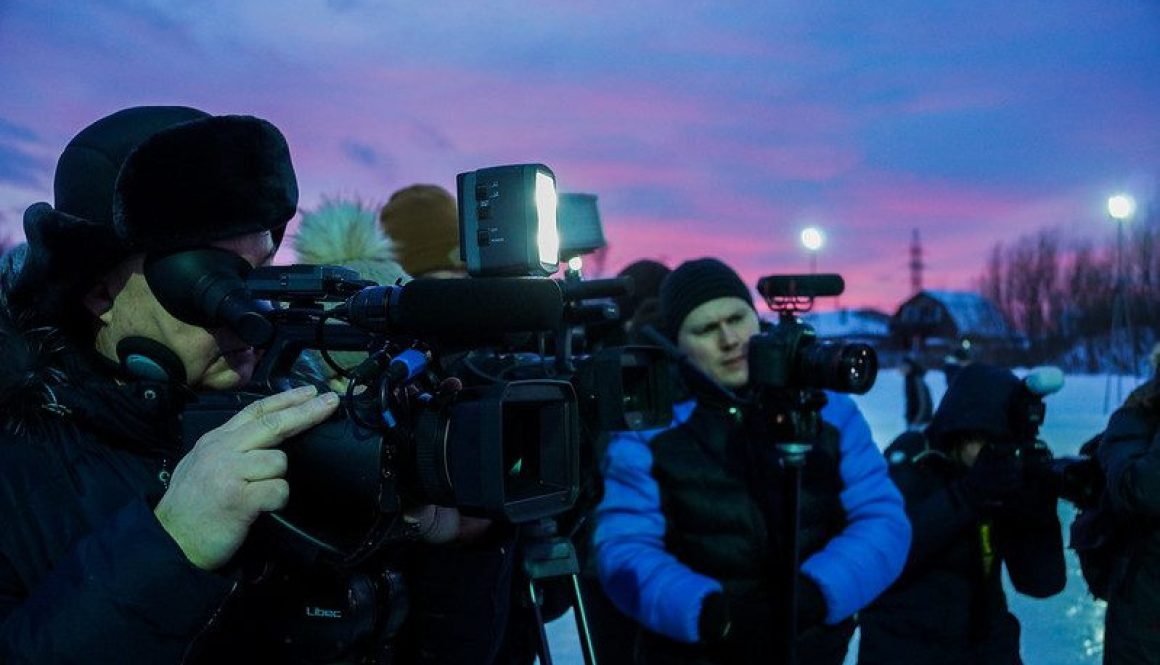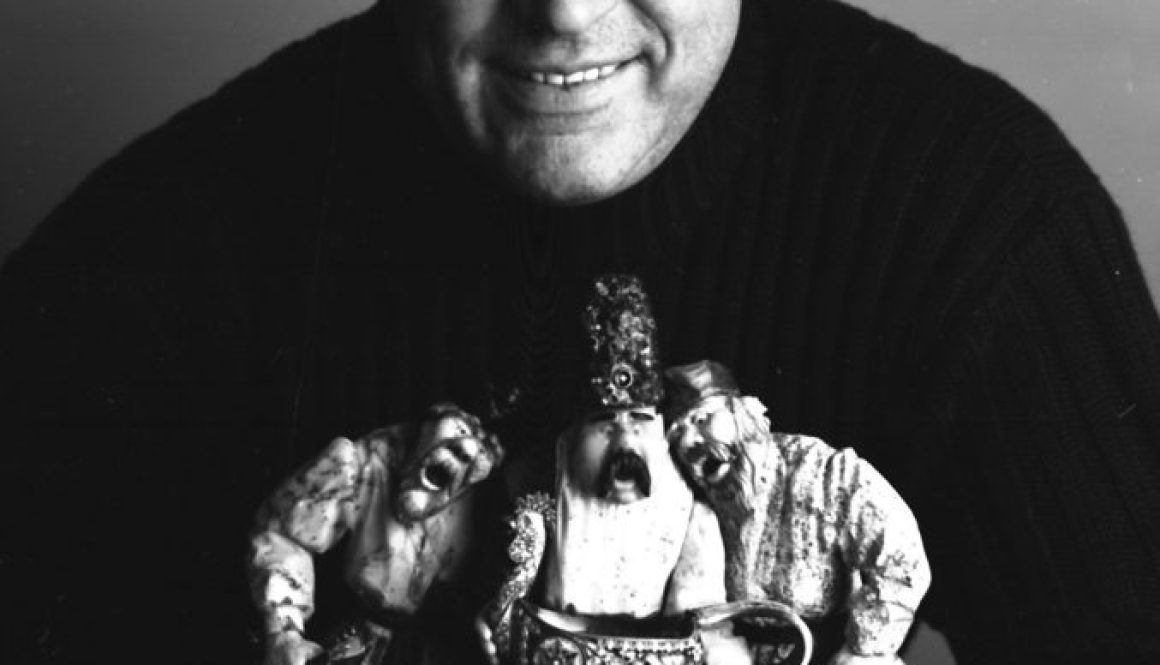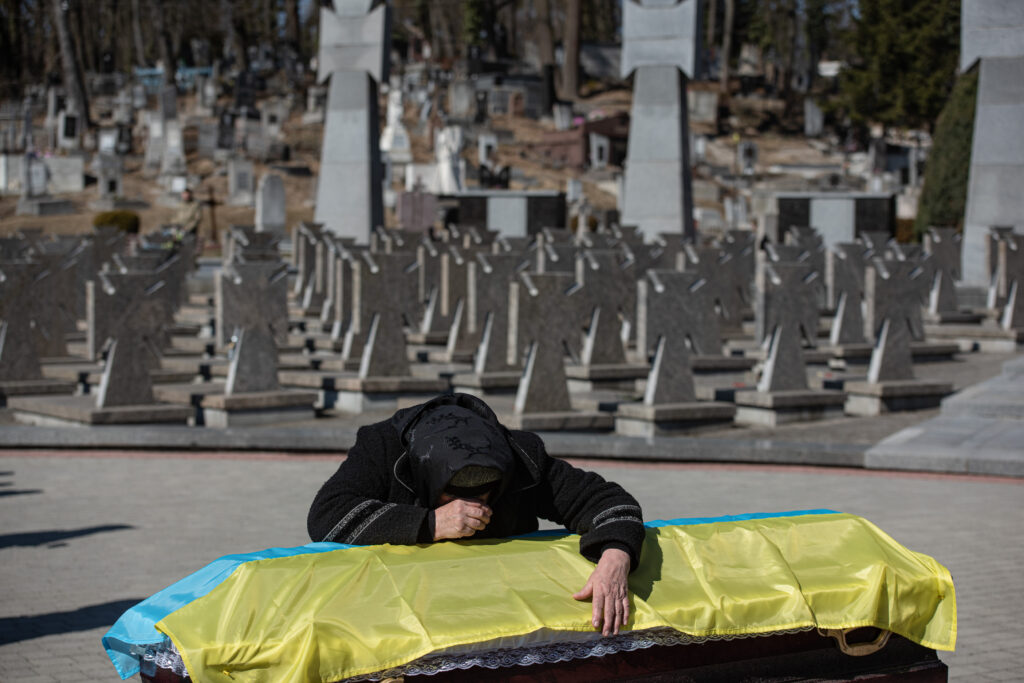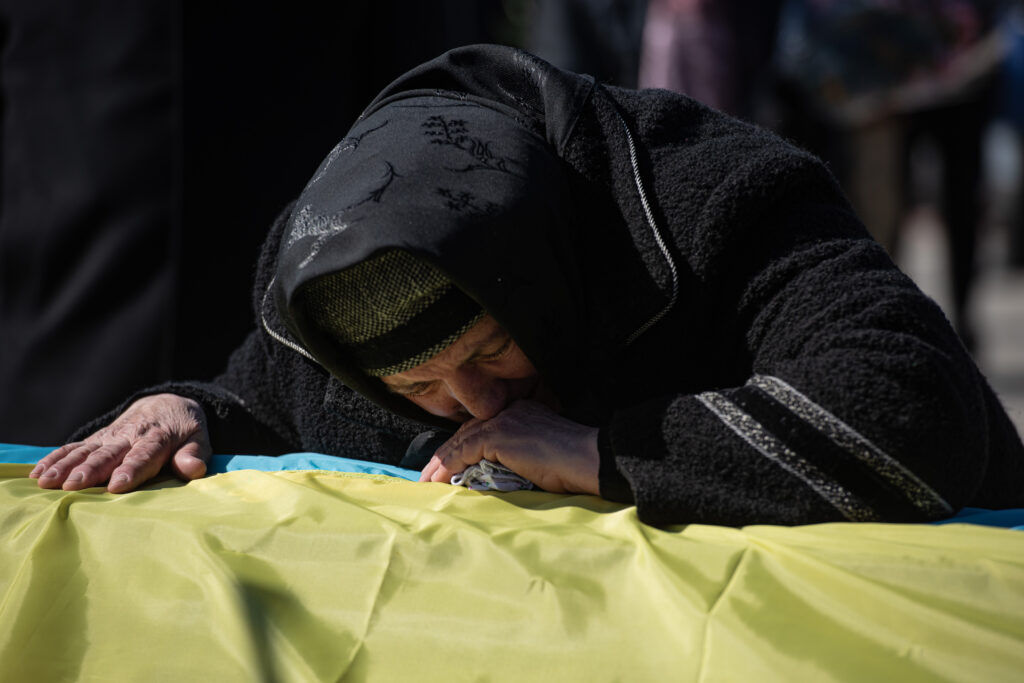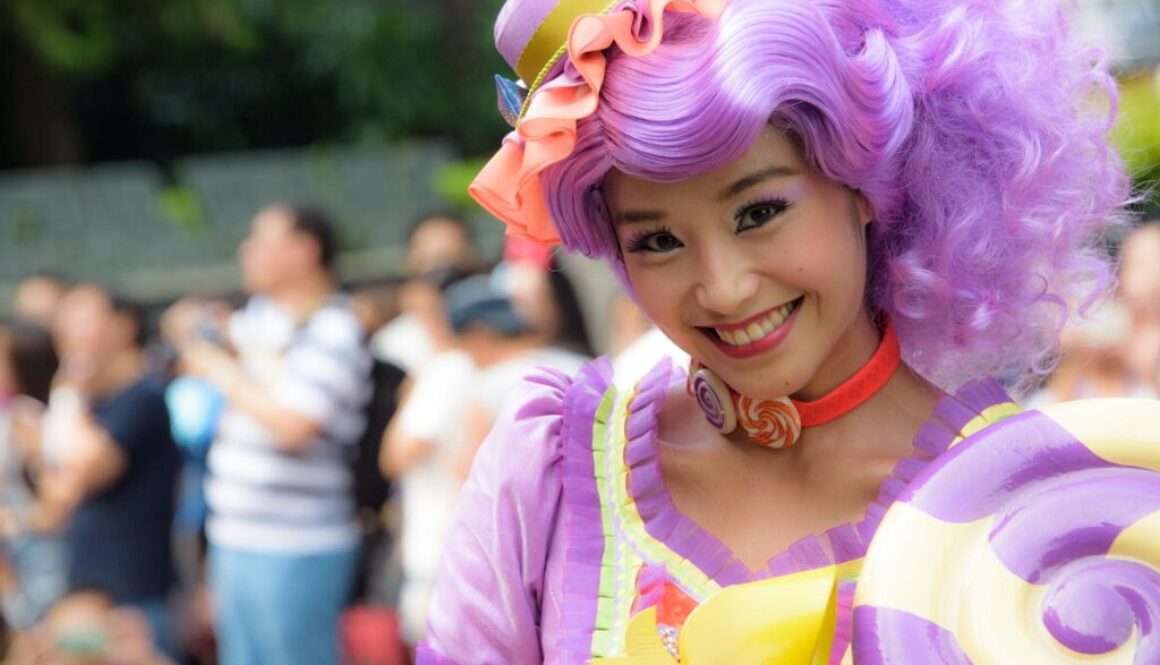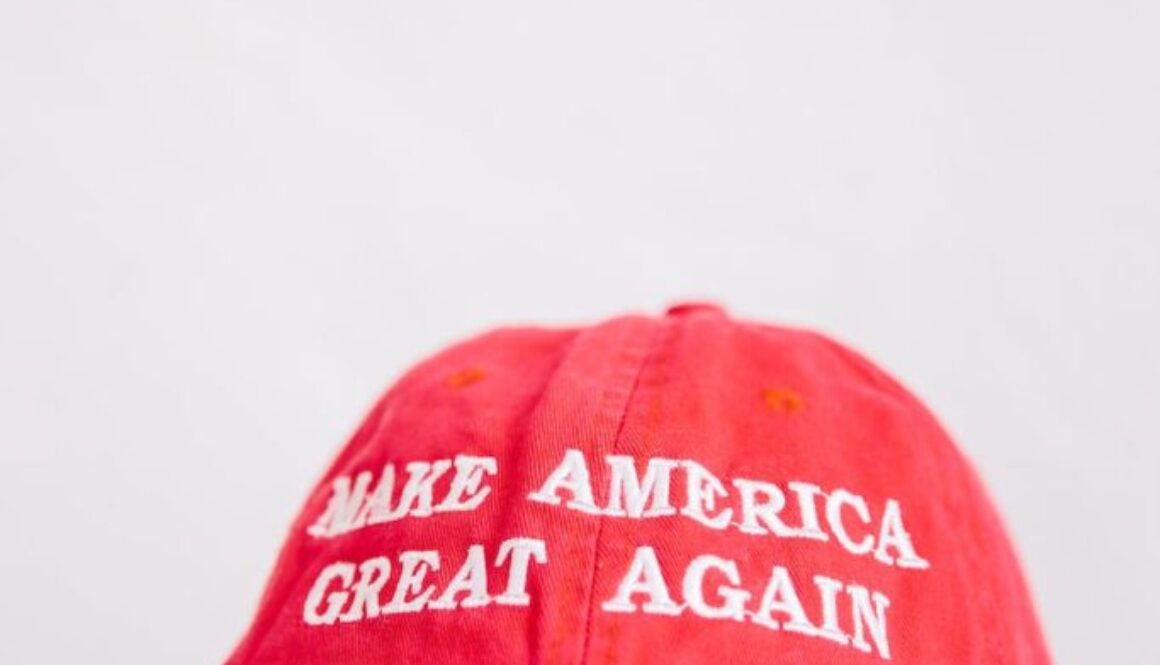How Russia has Changed a Year After the Invasion of Ukraine
During the first year of the “special military operation” (SVO), the news out of Russia consisted mainly of reports on the course of the conflict and the introduction of sanctions. Based on this news flow, it was impossible to understand what was happening inside Russia besides the SVO.
The truth is that everyone was shocked by February 24, and the tough reaction of the state to attempts at resistance then created even greater urgency to lie low or flee.
In the public space, only the voices of loyalists were heard, which created the illusion that there was no one else in Russia except them. Of course, that is not the case. People are rational and have opted for a safer strategy: flight, silence, quiet sabotage. From 2000 to 2010, Russia lived better than it ever had in its history, and many people — especially bureaucrats (in terms of income and social status, the Russian middle class largely consists of officials) — are afraid of losing what is still left of their former life.
All potential organizers or coordinators of mass protests (elites, public organizations, parties, media) either have been crushed or are in a state of frustration. However, during 2022 and early 2023, as the dust of the new reality settles, a diversity of views and positions have become visible in the resulting vacuum. It is important to understand this diversity, even if, at least for now, it does not pose a threat to the regime.
Most regional leaders do not show demonstrative enthusiasm for the ‘Special Operation’
National politics has been put on the back burner. Mayoral elections in Tomsk and Novosibirsk — cities known for their political activity and even independence — were canceled almost casually.
The number of major personnel shakeups has fallen sharply. The system works to minimize risks — better to have a proven guy, even if he is bad. Over the past year, only five governors were replaced. For comparison: 20 governors were replaced in 2017, and 18 each in both 2010 and 2018.
Although the September 2022 elections went as planned, this did not change the overall situation, and national politics remains on the margins. It is wrong to regard the mass silence of the political elite as unconditional support. The basis of the Russian bureaucratic elite is careerism and technocracy. Tellingly, the behavior of governors changed little over the last year.
An obvious exception is the leadership of Chechnya, as well as the heads of the regions bordering Ukraine (Mikhail Razvozzhaev of Sevastopol, Roman Starovoit of Kursk Region, Vyacheslav Gladkov of Belgorod Region), where the SVO has directly impacted life.
A second group of “enthusiasts” is made up of governors who are very insecure about their political position and evidently trying to fend off general dissatisfaction with their leadership by demonstrating uber-loyalty. Take Vladimir Uyba, the head of Komi, who took to a stage in the Luhansk Region in a uniform with a Z sewn on and sang a song for local children alongside musicians. Belgorod Governor Vyacheslav Gladkov bought merchandise with the letter Z and offered to open “Z-Radio;” Kemerovo Region head Sergei Tsivilev renamed the region KuZbass. The strategy they have chosen seems to be to avoid discussion of the SVO and to demonstrate that normal life continues. Russian regions are to sponsor the rebuilding of parts of Eastern Ukrainian cities and districts, a “federal burden” placed on the regions by the Kremlin.
The leaders of the most protest-prone cities of Moscow and Saint Petersburg, Sergei Sobyanin and Alexander Beglov, are trying to distance themselves from the SVO. There have been almost no mass Z campaigns in either city. At the end of June, Beglov warned officials against antagonizing the liberal population of Saint Petersburg with SVO symbols. Notably, the Z emblem was practically absent at the Saint Petersburg Scarlet Sails celebration.
Approximately the same tactic was chosen by regional heads who were up for reelection in September 2022 (Pavel Malkov in Ryazan, Yevgeny Kuyvashev in Sverdlovsk, Alexander Brechalov in Udmurtia, Vladimir Mazur in Tomsk, Alexander Sokolov in Kirov, Artur Parfenchikov in Karelia).
Journalists from independent media outlet, 7×7, having studied the social media accounts of regional heads, found that at least 11 governors chose not to actively speak out about the SVO. The same is true about the “partial mobilization”: bucking the general trend, 10 regional heads did not publicly declare their support for the SVO in the media, Telegram channels, VK pages, or even regional online communities. Technically, they headed up the mobilization commissions in their regions, but the press services provided comments on the mobilization for them.
Within society, mass frustration is right on the surface
Almost all Russian branches of international organizations and foundations have ceased their activities, many NGOs have closed or transferred some of their activities abroad, and a large number of leaders and activists of public organizations have emigrated. The NGOs that still operate try not to attract too much attention. With rare exceptions, it has become impossible to hold open public events (patriotically themed events are, of course, fine). Existing problems with financing and crowdfunding were seriously worsened by the poorly thought-out exit of foreign payment systems from Russia. The disappearance of the Civil Forum, organized by Alexei Kudrin and the Committee for Civic Initiatives for almost 10 years, went almost unnoticed.
Almost all independent and opposition media have either closed or emigrated
The situation with media is essentially the same as with civil society: almost all independent and opposition media have either closed or emigrated and moved completely online. The emigration of media has drastically reduced their engagement with local issues, with the inevitable detachment from the local reality growing. Internet blocks, combined with the closure of information resources (for example, Echo of Moscow), have drastically reduced their audience. There is a feeling that the main audience of the media in exile is now not the average Russian, but the Russian-speaking population of Ukraine, the Baltic countries, Israel, and elsewhere.
Overall, the departure from Russia helped opposition media to survive physically, but their presence in the Russian information space has dwindled. This is clear from the almost complete lack of resonance of their content at the regional and local levels.
The radicalization of content — in particular, overdone emphasis by the emigrant media on pro-Ukraine and anti-Russia positions — leaves almost entirely vacant the niche for independent media that can speak to ordinary citizens. The result is that in the information space, there is the dominant official discourse, the inevitably marginalized ultra-opposition, and almost nothing in between. Without talking to the average person in an understandable and respectful way, an alternative discourse in Russia cannot get off the ground, whether it is about the SVO or the situation in the country overall.
^^^
Alexander Kynev is a political scientist who writes for Russia Post and Daria Dergacheva is a postdoctoral researcher at the Center for Media and Communication Research (ZeMKI).
This article originally appeared in Global Voices, an online community of writers, translators, and human rights activists from various countries and with different language abilities and expertise.
Image by Anton Frolov at Flickr.
